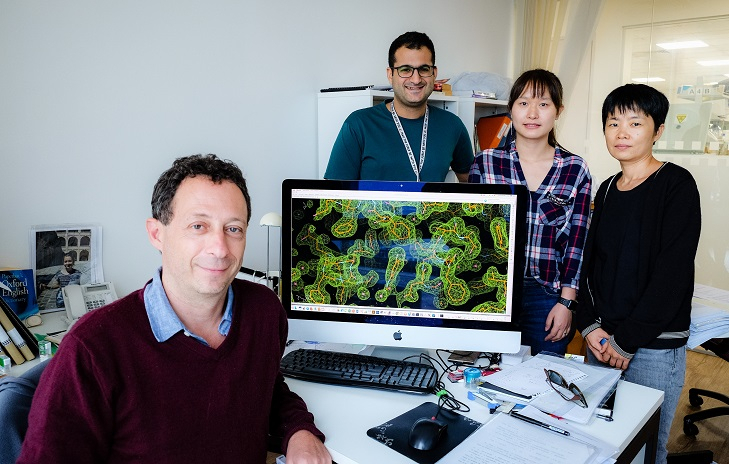A team of molecular and structural biologists from Nanyang Technological University (NTU) have found a new method to disable respiratory syncytial virus (RSV) and human metapneumovirus (HMPV). It should be noted that both RSV and HMPV are closely related to life-threatening diseases such as pneumonia and bronchiolitis in premature babies, infants, the elderly and anyone with a weak immune system.

Pneumonia
It is an infection that inflames the air sacs in one or both lungs. In such cases, the air sacs may fill with fluid or pus (purulent material), causing cough with phlegm or pus, fever, chills, and difficulty breathing.
As per the UNICEF, this disease killed one child world over every 39 seconds in 2018. But there are no vaccines or effective antiviral therapies available to cure it.
Bronchiolitis
It is a common lung infection in young children and infants which causes inflammation and congestion in the small airways (bronchioles) of the lung.
NTU research
Dr Julien Lescar from NTU's School of Biological Sciences along with his team of researchers explained in Nature, how they have used cryo-electron microscopy to image the molecular structure of one of these large complexes, an enzyme called HMPV L:P polymerase. The NTU researchers have captured images of the enzyme at a resolution of 3.7 Angstrom, or 0.37 nanometres.
Based on it, the team also built three-dimensional computer models of the proteins' L:P molecular structures. Further analysis of this model structure revealed key sites for molecules to interact at, offering new targets for designing antiviral molecules against both viruses.
The Principal Investigator at the NTU Institute of Structural Biology, Dr Lescar who is also an Associate Professor at NTU's School of Biological Sciences, said the team hopes that their "work will help researchers in pharma and academia around the world to design much-needed therapies for difficult viral infections that often lead to antibiotic-resistant bacterial infections."
It should be also mentioned that Dr Lescar and colleagues have founded a company named Epitoire that is actively engaged in designing DNA replication blockers as potential therapies against these viruses and the company is currently seeking investors and clinicians to support it.









